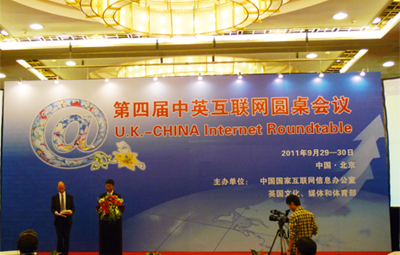Launch important for China's human spaceflight
Updated: 2011-09-30 06:37
(Xinhua)
|
|||||||||
WASHINGTON - China launched its first space lab module Tiangong-1 on Thursday, which US experts say is an important step forward in China's plans for a human spaceflight.
The unmanned Tiangong-1, carried by Long March-2FT1 rocket, will test space docking with a spacecraft later this year, paving the way for China to become the third country in the world to operate a permanent space station around 2020.
"It allows China to develop and test rendezvous and docking procedures that will be critical as it moves forward with plans for a 20 ton space station," Joan Johnson-Freese, professor of national security affairs at Naval War College, told Xinhua in an email. "Clearly, China's technological progress has been impressive."
"Tiangong-1 is the next step in China's slow-paced but steady effort to achieve human spaceflight capability," John Logsdon, professor emeritus of political science and international affairs at the George Washington University, also told Xinhua. "By itself it is not a major step forward, but is important to China's demonstrating rendezvous and docking technologies."
However, what will happen after 2020 is still an open question since China has yet to demonstrate the capability to launch a large space station, John-Freese said, adding that certainly that will occur at some point, but time lines still are difficult to predict.
"China could well have a permanently occupied space station in orbit while the United States is pursuing different goals," she said. "Both will expand human spaceflight development and exploration in important ways."










